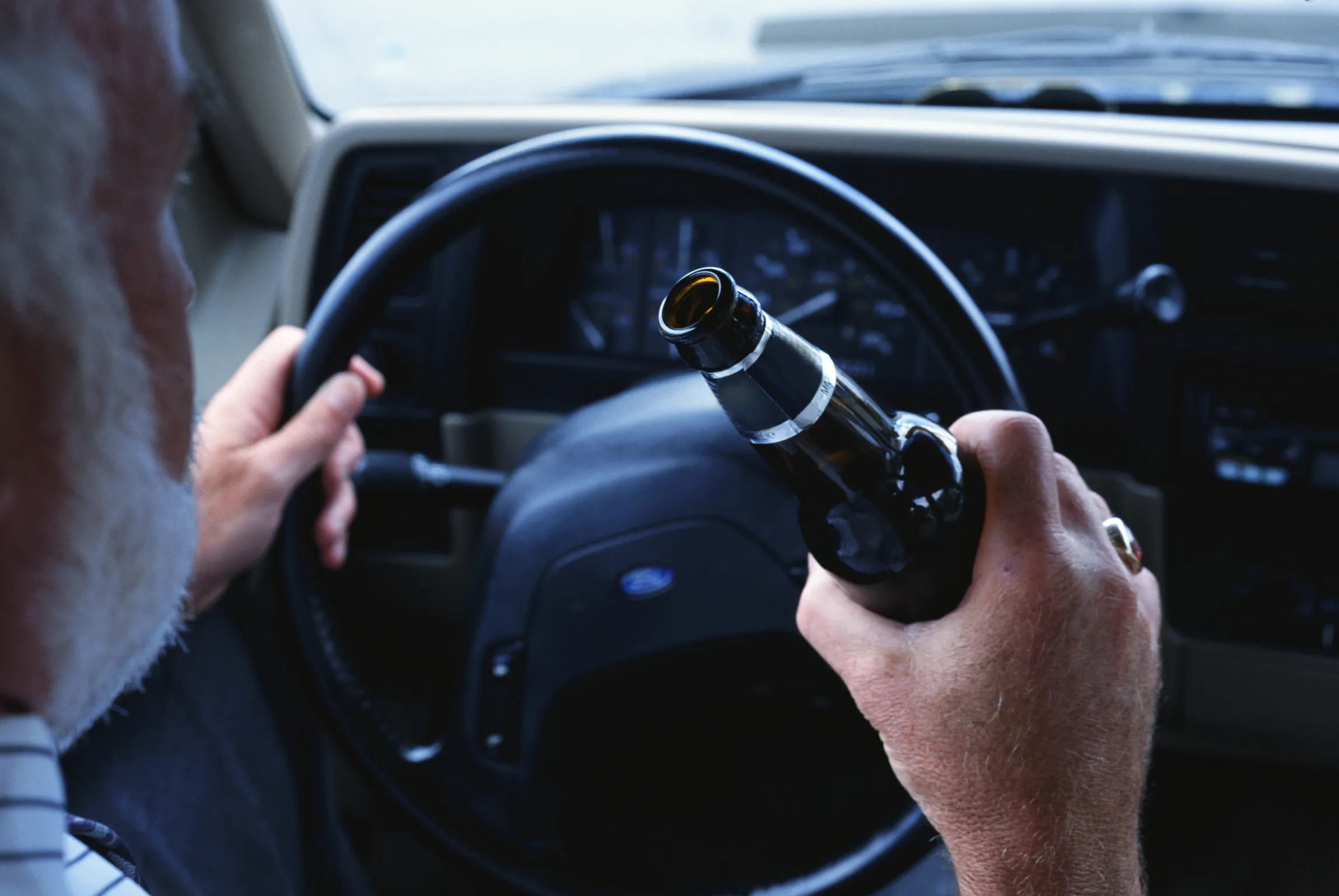 Thanks in part to the seemingly endless number and variety of reality law enforcement shows on television, almost everyone has at least some idea how a breath test machine works. If you find yourself faced with a request to submit to one, however, you might want to have more than a general understanding of how the machine operates and what the test results actually mean to you. Toward that end, a Nebraska DUI attorney has put together some basic information about a breath test works and the significance of the results.
Thanks in part to the seemingly endless number and variety of reality law enforcement shows on television, almost everyone has at least some idea how a breath test machine works. If you find yourself faced with a request to submit to one, however, you might want to have more than a general understanding of how the machine operates and what the test results actually mean to you. Toward that end, a Nebraska DUI attorney has put together some basic information about a breath test works and the significance of the results.
The Life of a DUI Stop
How do you get to the point of being asked to submit to a breath test? It starts with a traffic stop in most cases. Contrary to what many people believe, a law enforcement officer cannot make random traffic stops looking for drunk drivers. The officer must have a valid legal reason for initiating the traffic stop that sets the DUI arrest in motion. Granted, that legal reason can be what is referred to as a “pretextual” stop; however, there must be a legal reason. Once stopped, the officer may ask you basic identifying questions and explain the reason for the stop. The officer cannot detain you longer than it would reasonably take to conduct the traffic stop unless, during the course of that routine stop, the officer obtains enough evidence to move forward with a DUI investigation. At that point the officer starts to look for evidence that you have been drinking and driving to amount to the probable cause necessary to arrest you for driving under the influence, or DUI. At some point, the officer may ask you to blow into a portable breath test. This is similar to the larger machine found at the police station; however, results of a portable breath test are not admissible in a court of law. The results can be used, however, to fulfill the probable cause necessary for your arrest. If the officer determines that enough evidence exists for your arrest, you will be arrested and transported to the jail. It is when you arrive at the jail that you will be asked to submit to the official breath test.
The Breath Test
Like most states, Nebraska has an informed consent law that effectively operates as your consent to submit to a chemical test (breath, urine, or blood) to check for the presence of alcohol or drugs if you are arrested for DUI within the state. You can refuse, nonetheless; however, you will face an automatic license revocation if you do. Assuming you agree to the test, you will most likely be given a breath test. Urine and/or blood tests are typically reserved for situations where the suspect is unconscious and cannot perform the breath test or if the officer suspects that the suspect is under the influence of a controlled substance because a breath test will only detect the presence of alcohol.
The breath test requires the suspect to blow into a mouthpiece for one long continuous breath. The breath is then captured inside the machine. Alcohol that the suspect consumed shows up in the breath because it gets absorbed from the mouth, throat, stomach and intestines into the bloodstream. Alcohol is not digested upon absorption, nor chemically changed in the bloodstream. As the blood goes through the lungs, some of the alcohol moves across the membranes of the lung’s air sacs (alveoli) into the air, because alcohol will evaporate from a solution — that is, it is volatile. The concentration of the alcohol in the alveolar air is related to the concentration of the alcohol in the blood. As the alcohol in the alveolar air is exhaled, it can be detected by the breath alcohol testing device. The amount of alcohol found in the sample breath is then converted, using a complex formula, into a percentage that, in theory, represents the amount of alcohol currently in the suspect’s bloodstream. If the amount is over 0.08 percent, the suspect is over the legal limit.
Contact Us
If you have been charged with driving under the influence, or DUI, in Nebraska contact the Petersen Law Office 24 hours a day at 402-513-2180 to discuss your case with an experienced Omaha DUI attorney.


